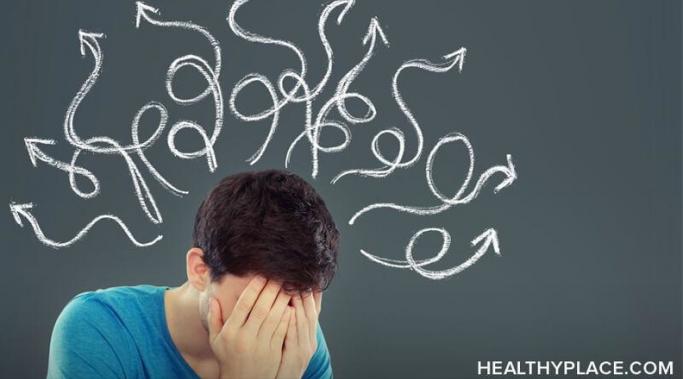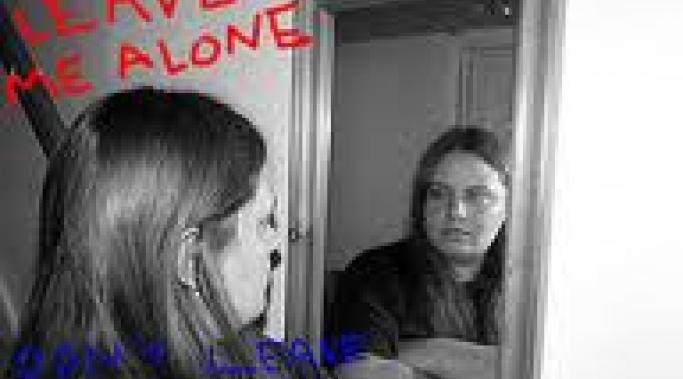Blogs
While most of us would like to think of ourselves as flexible, adaptable beings, the reality is that the mere thought of even a necessary change makes the best of us want to run and hide. Most people are creatures of habit and slight changes to our regular routines can turn us into stressed out, crabby people. But as Roseanne Cash, singer/songwriter and daughter of Johnny Cash, says, “The key to change...is to let go of fear.”
Like millions of other Americans, I don't get enough exercise. I’m more keenly aware of that fact in the month of January, when every gym and athletic goods store ramps up their advertising efforts to take advantage of the New Year fitness fever. But that doesn’t mean I’ll do anything about it. Ultimately, it’s just not that important to me. For some people, the opposite is true – exercise is one of the most important things to them. Does that mean they have an exercise addiction? How do you know if you're over-exercising?
Remember when I said I didn't know what to do about mental health warning signs when they flare up? The past two weeks of my life painfully demonstrate the consequences of that ignorance, along with some of the ugly truths about dissociative identity disorder. I knew my mental health was deteriorating. I was talking about it, writing about it, and actively looking for solutions. I saw the edge of the cliff and did everything I could not to fall. But fall I did.
Today's Phone Call from School involved a camera. My first (horrified) thought was that Bob had been sneaking bathroom-cam video of his female classmates, but it wasn't quite that serious. He had merely taken his camera to school, insisted on having it out during class, and refused to put it away. But when the teacher took it from him, his anger escalated to the point he shoved another student, threw a book, and ran out of the classroom. Staff found him hiding in the restroom and the principal escorted him to the office.
And it's only Tuesday morning (What Works When Disciplining a Child with Mental Illness).
Naturally, as you've read part one of bipolar disorder and working from home from last week you've already created a workspace at home, created a work routine and put away distractions. Now you're all set for tips on getting actual work done at home, with a mentally ill brain.
One of the cardinal cognitive distortions of anxiety:- Thinking everyone else is perfect and has it together 100%. Everyone except you. That everyone else in the nearby vicinity's better than you because, well, it just seems obvious at the time. For the same reasons my self-esteem's been dented along the way to wherever I am now. Thinking like that not only increases the likelihood I'll panic, it increases the amount of pressure I put on myself, and the degree to which I'm then able to recognize what is and isn't anxiety talking.
Regardless of what anyone says, you don't have to be in a romantic relationship. No other person will fill you; trying to fill a void with someone else makes that void worse. You have to find completeness within yourself. You have to find your own happiness, regardless of relationship status.
After a hospital mistake left her totally disabled for six months, Dr. Carolyn Gabb struggled harder than ever to cope with bipolar symptoms. Though she’s since recovered enough to resume her work as an artist, living with bipolar disorder isn’t easy. “Art is a way of coping, and living an enriched life,” she says.
When I left my husband a year ago, his hateful voice didn't stay with him. Instead, the verbal abuse lived in my head, as it had done for our 18 years of marriage. Making it harder to deal with the after-effects of verbal abuse, the voice echoing in my head seemed just true enough to make me think they may be completely true. The after-effects of verbal abuse made me think I'd never heal.
I reached my healthy goal weight weeks ago. I continue to eat well and maintain my weight. I am feeling more alive than I have in years, and I would like to forget I ever had anorexia nervosa and move on to real life.
It isn't that easy. Now I need to discover why I developed an eating disorder at the age of 42 and resisted recovery for years until I almost lost everything, including my life.








